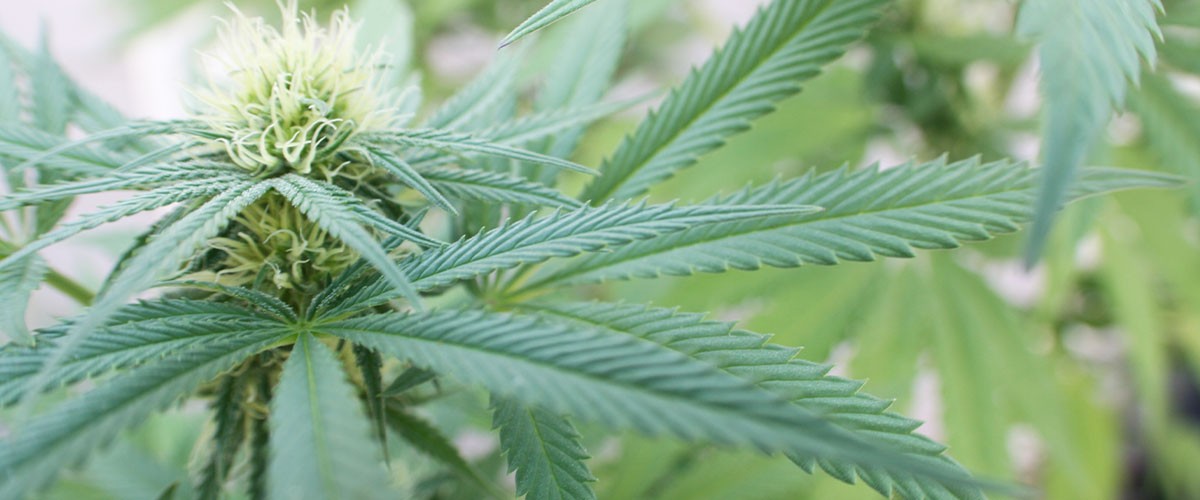Lawyers for the Scottsdale Research Institute have pleaded for the courts to order DEA to make a decision on pending research applications.
Scientists from the Scottsdale Research Institute (SRI) are not buying that the U.S. Drug Enforcement Agency (DEA) will stop blocking cannabis research.
Last month, DEA announced it would be moving forward in the review of 33 pending applications from companies seeking to grow marijuana for federal research. While DEA officials stated presented the announcement as progress, SRI claims it is in fact, not.
“The August 27th Notice is not the relief SRI requested. In fact, it is not relief at all.” SRI attorneys wrote in a Sept. 11 court filing against DEA.
It has been more than three years since DEA announced it was accepting applications for research-grace marijuana growers. The agency has yet to respond to one of the nearly three dozen it’s received.
In July, the U.S. Court of Appeals for the D.C. Circuit gave DEA 30 days to respond to pending research applications. The court order was in response to a lawsuit filed by SRI against DEA, alleging that the agency had “unreasonably delayed” action on medical marijuana research applications.
SRI’s new court filing claims that DEA felt the announcement that the agency was moving forward on reviewing applications was enough response to meet the requests of the court, and that the lawsuit was therefore rendered moot and should be tossed out.
However, with DEA’s announcement came another bit of news. The agency would be changing some of its rules and regulations, further delaying the research applications from being approved. This prompted SRI to respond that DEA was purposefully attempting to keep the research applications in “agency purgatory.”
SRI researchers have been waiting since Nov. 29, 2016 for a response on an application filed to continue working on a project involving medical marijuana and its impact on U.S military veterans with post-traumatic stress disorder (PTSD).
“In short, SRI sought an order compelling DEA to take a simple but important step to guarantee prompt processing of its application. What it got was more delay—the very delay that prompted the filing of this action,” SRI attorneys wrote.
SRI lawyers also requested that the court retain jurisdiction over the case. If the request is granted, it ensures the “court clearly has ancillary jurisdiction to enforce its own orders and decrees. Therefore, to the extent the settlement is embodied in the judgment, the court can enforce it by execution and by contempt proceedings in appropriate cases,” according to court precedent.
Marijuana Research Delay
Researchers interested in studying cannabis and its effects are currently limited to obtaining their cannabis material from a single clinical grow site that has been federally approved. That site is on a 12-acre farm at the University of Mississippi.
The limited supply of research-grade cannabis has helped hinder the collection of marijuana data, and many facilities have criticized the quality of marijuana coming out of Ole Miss.
To address the issue, in 2016 DEA announced it had a new policy increasing the number of organizations permitted to grow cannabis for clinical trials and other research.
In response to the hopeful news, researchers sent in applications to DEA and waited for a response. According to DEA’s news release, of the 33 pending applications, the first was submitted in 2014 and the last was in May of this year.
Since the 2016 DEA policy change, there has been no response by the agency to any application. Just days before the deadline given by the appellate court ordering DEA to respond to applicants, DEA announced it would be moving forward with reviewing 33 applications.
Even More on Cannabis
To follow the latest developments in the SRI lawsuit against DEA, visit our news page. Medical Marijuana, Inc. News releases regular reports on cannabis policy, business, and scientific studies.






